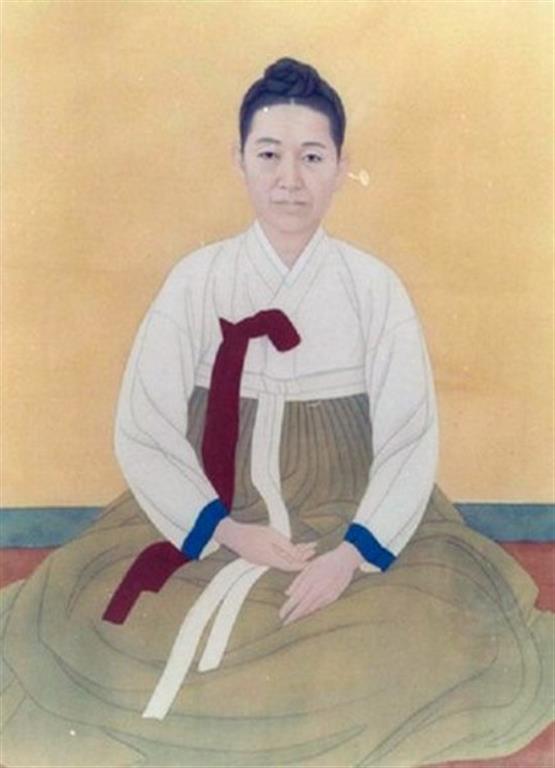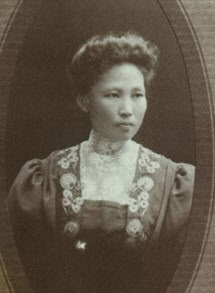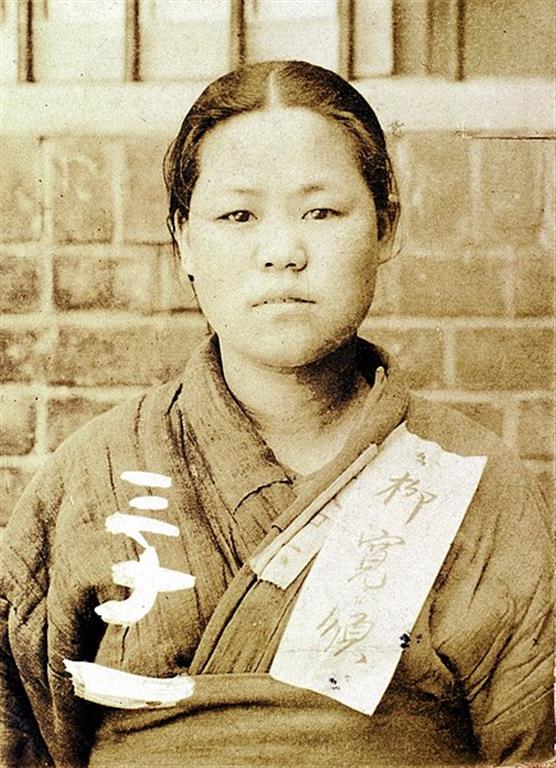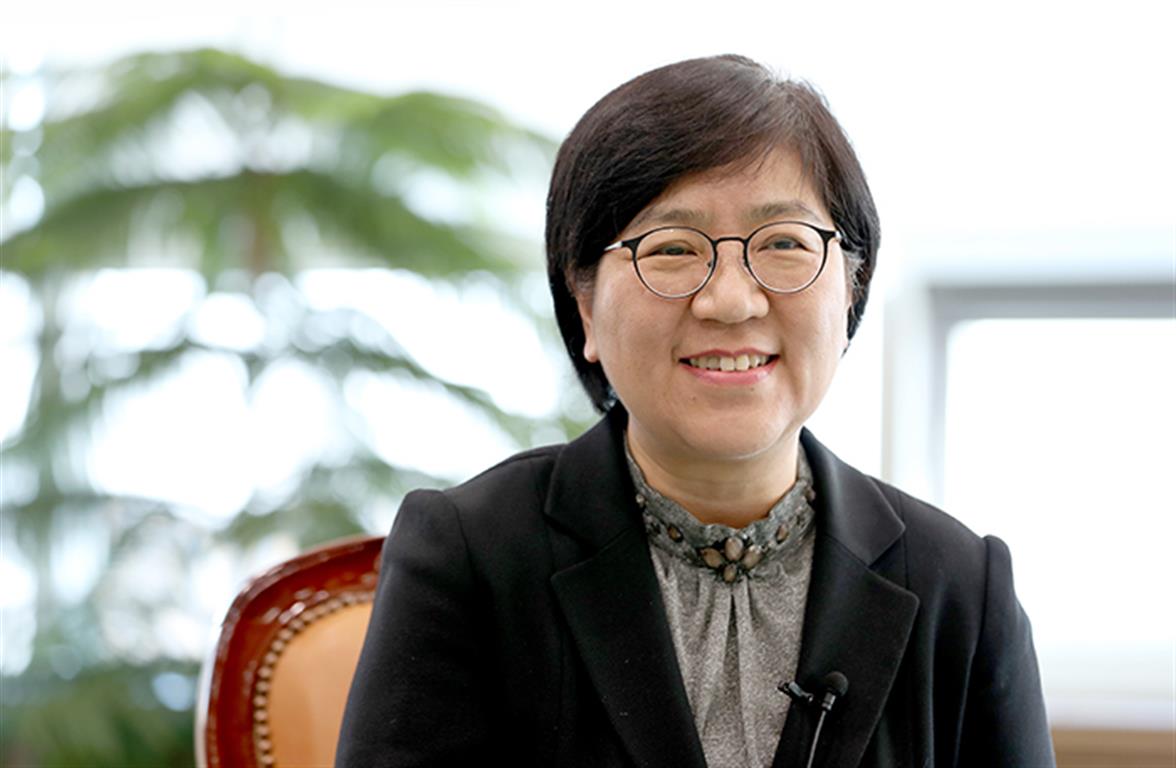- 한국어
- English
- 日本語
- 中文
- العربية
- Español
- Français
- Deutsch
- Pусский
- Tiếng Việt
- Indonesian
By Honorary Reporter Dayviana Diaz from Cuba
To mark International Women's Day on March 8, here are four remarkable women who greatly contributed to Korean history.

Shin Saimdang was an artist and scholar of the Joseon Dynasty era. (Wikimedia)
Shin Saimdang (1504-51)
This female pioneer's face is on the KRW 50,000 bill. An artist in the mid-Joseon Dynasty era, she achieved extraordinary things through self-education while playing the role of a dutiful wife and mother. She also made one of the first attempts in Korean society to achieve gender equality.
As a child, she displayed exceptional talent in in literature, history and neo-Confucianist thought and was gifted in arts such as calligraphy, poetry, sewing, embroidery and painting. This led to her receiving an education exclusively reserved for boys at the time. Though a scholar, she still had to perform traditional feminine roles like rearing her seven children and caring for her mother-in-law.
One of her sons, Yi I, whose pen name was Yul-gok, became famous for passing the civil service literary exam at age 13 and learning to read at just 3. Never in good health, Shin died at age 46.

Kim Ransa inspired pro-independence martyr Yu Gwan-sun to fight for the nation's freedom from Japanese colonial rule. (Yonhap News)
Kim Ransa (1872-1919)
A pro-independence activist who was the teacher of-pro independence martyr Yu Gwan-sun, Kim tried to empower women through education.
Though married women at the time could not receive a college education, Kim entered Ewha Hakdang, a mission school for girls, at age 24 and later became the first Korean woman to study abroad and earn a bachelor's degree, a feat she accomplished at Ohio Wesleyan University. After returning to Korea, she worked at Ewha as a teacher and an adviser to the Ewha Literature Society, through which she met and encouraged Yu to fight for the nation's liberation from Japan.
Kim became vice principal of the school, a translator and emissary for King Gojong, the last Joseon Dynasty monarch, and played a pivotal role in the Korean independence movement. In 1995, the Korean government posthumously awarded her the Order of Merit for National Foundation.

Martyred activist Yu Gwan-sun (Wikimedia) was one of the most famous figures of Korea's pro-independence movement. (Wikimedia)
Yu Gwan Sun (1902-20)
Called the "Korean Joan of Arc," Yu attended Ewha Hakdang at a time when few women did. At age 17 she was arrested by Japanese police during a pro-independence demonstration on April 1, 1919, in which her parents died were killed by Japanese forces. She received a three-year prison sentence and endured brutal torture while incarcerated but never lost hope.
Yu later wrote "Japan will fall" and that her only regret was not doing more for her country. She died at age 18 from repeated abuse in prison. In 1962, the Korean government posthumously awarded her the Order of Merit for Independence.

Korea's COVID-19 czar Jeong Eun-Kyeong has earned fame both at home and abroad, eventually being named the first chief of the Korea Disease Prevention and Control Agency. (Korea.net)
Jeong Eun-Kyeong (1965-)
This medical doctor has earned fame both at home and abroad for her leadership amid the COVID-19 crisis, later becoming the first commissioner of the Korea Disease Prevention and Control Agency (KDCA).
During the 2009 swine flu epidemic, she headed the Disease Policy Division of the Ministry of Health and Welfare. After MERS broke out in 2015, she spoke at news conferences and handled crisis management as the head of the Korean Centers for Disease Prevention.
Jeong has drawn accolades from abroad, being named as one of Time magazine's "100 Most Influential People of 2020," the BBC's "100 Women of 2020" and "The Bloomberg 50."
enny0611@korea.kr
*This article is written by a Korea.net Honorary Reporter. Our group of Honorary Reporters are from all around the world, and they share with Korea.net their love and passion for all things Korean.